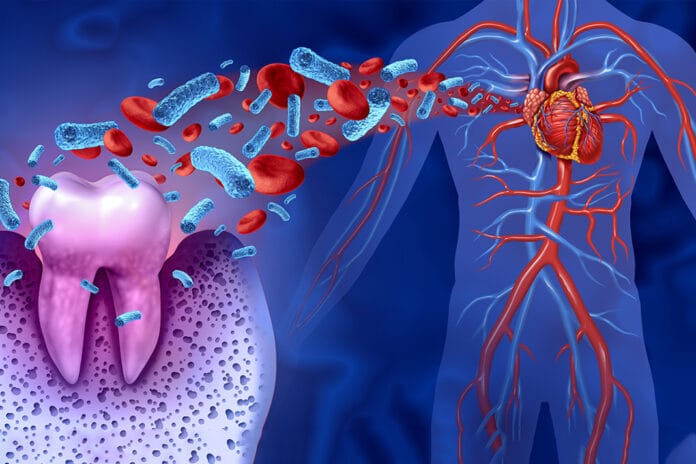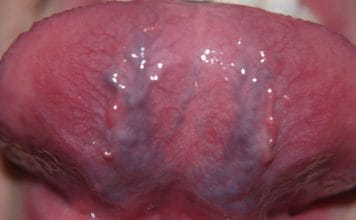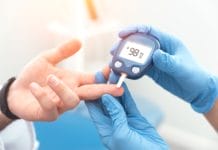An average of 800,000 individuals in the United States suffer from myocardial infarction yearly. Due to spiking levels in occurrence, researchers are trying to determine the significant risk factors associated with cardiovascular disease. Several studies thus far have established a relationship between periodontitis and myocardial infarction.
Myocardial Infarction Defined
Myocardial infarction is also known as a heart attack and occurs when there is a blockage of blood flowage to the heart. This life-threatening condition can occur if one or several of the coronary arteries are blocked. The early symptoms of a heart attack are chest pains, chest tightness, shortness of breath, and a fast heart rate. If you experience any of the symptoms, you should seek urgent medical help.
New Research about the Association of Periodontitis and Myocardial Infarction
A recent retrospective cohort study published in the Journal of the American Dental Association noted that 2,370 patients who received oral health care from 2016-2017 were hospitalized in 2017 due to myocardial infarction. Of the 2,370 patients, 7% accessed active periodontal care (i.e., non-surgical periodontal therapy), while 10% sought controlled periodontal care (i.e., periodontal maintenance).
In other studies, it has been established that chronic infection and inflammation play a crucial role in atherosclerosis formation, which is the leading cause of heart attack. Bacteria that are involved in periodontitis can lead to the formation of atheromatous plaque. Specifically, “There is evidence that oral pathogenic bacteria can cause bacteremia, increased expression of pro-inflammatory proteins (e.g., IL-1, IL-6, IL-8, TNF and of C-reactive protein), leading to vascular infection and development of cardiovascular disease.”
Periodontitis is believed to allow the development and maturation of atheroma in the heart arteries. It can occur in two different mechanisms. One, the bacteria can invade the bloodstream, producing inflammatory mediators. The second method is indirect, where the immune system responds to the disease by increasing inflammatory mediators.
People Who Suffer from Periodontitis also Have Other Risk Factors
Notably, periodontitis is primarily contributed by poor oral hygiene, with several other factors being involved, and most people who suffer from periodontitis also have other risk factors for myocardial infarction. For example, patients who smoke are at higher risk for periodontitis, and the use of tobacco is also a risk factor for heart attack. Additionally, those with active periodontitis may not have healthy eating habits and uncontrolled blood glucose levels, all risk factors for cardiovascular disease and myocardial infarction.
Key Takeaway
As dental hygienists, we know that there is an established link between periodontitis and cardiovascular disease, which may lead to myocardial infarction. However, ongoing research is necessary to determine the exact mechanism(s) of the relationship between periodontal disease and cardiovascular disease, including myocardial infarction.
Is it periodontal pathogens directly invading the bloodstream, or is the link indirect with periodontal pathogens increasing systemic levels of inflammatory mediators? Further, does treating periodontal or cardiovascular disease positively impact the condition of the other one (multidirectional)?
This is why ongoing research is necessary. Dental professionals should understand what these studies’ outcomes are, which is why Today’s RDH continues to publish on the topic. As we all know, a healthy mouth is a healthy body!
Before you leave, check out the Today’s RDH self-study CE courses. All courses are peer-reviewed and non-sponsored to focus solely on high-quality education. Click here now.
















